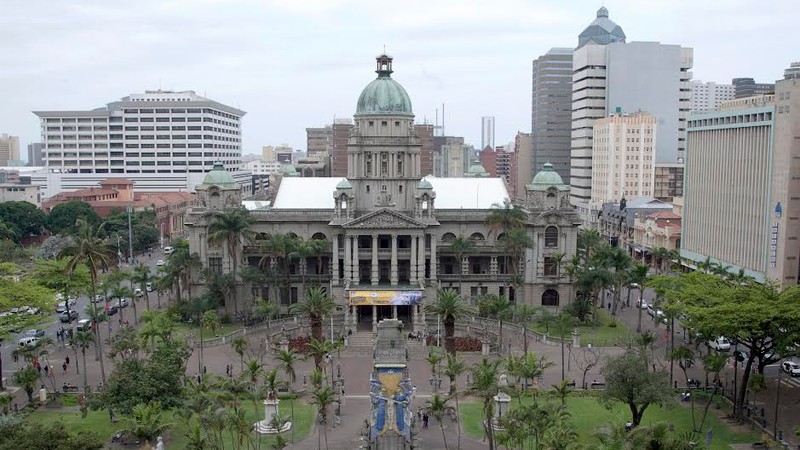The ANC in eThekwini has put forward a proposal to ban councillors from making negative statements about the city in the media. The move, aimed at preserving the city’s reputation and fostering unity, has sparked a debate on freedom of expression and transparency within local government.
The proposed ban comes as part of the ANC’s efforts to promote a positive image of eThekwini and ensure that public officials present a united front when communicating with the media. According to ANC representatives, the measure seeks to prevent potential damage to the municipality’s reputation and to encourage constructive dialogue about issues facing the city.
ANC officials argue that negative public statements by councillors can harm the perception of eThekwini, impact investor confidence, and undermine the municipality’s efforts to attract economic opportunities. They contend that internal disagreements should be resolved within party structures, rather than being aired publicly, to maintain a cohesive image and inspire public trust.
However, critics of the proposed ban argue that it limits freedom of expression and transparency within local government. They contend that councillors should have the right to voice their concerns and criticisms about the city’s governance, service delivery, and other pertinent issues without fear of retribution. Transparency and open dialogue, they argue, are vital for effective governance and public accountability.
Opposition parties and civil society organizations have expressed concerns about the potential for censorship and the suppression of dissenting voices. They argue that elected officials have a responsibility to represent the interests of their constituents, which includes raising concerns and highlighting areas for improvement. Silencing criticism, they contend, can hinder democratic discourse and stifle accountability.
The proposed ban has ignited a wider discussion about the balance between political unity and individual freedom of expression. Some suggest that alternative approaches, such as internal party guidelines or codes of conduct, could be explored to encourage constructive communication while still maintaining a sense of unity and professionalism.
The ANC’s proposal is currently under consideration within the municipality, and discussions are ongoing. It remains to be seen whether the ban will be implemented, and if so, what specific restrictions or guidelines may be put in place.
As the debate continues, it is essential for stakeholders to consider the importance of both transparency and unity within local government. Striking a balance between allowing councillors to express their views and maintaining a positive image for the municipality requires careful consideration and open dialogue among all parties involved.
The outcome of this proposal will have implications not only for the ANC and eThekwini but also for the broader discourse on freedom of expression, democratic governance, and the responsibilities of elected officials in representing their constituents.
